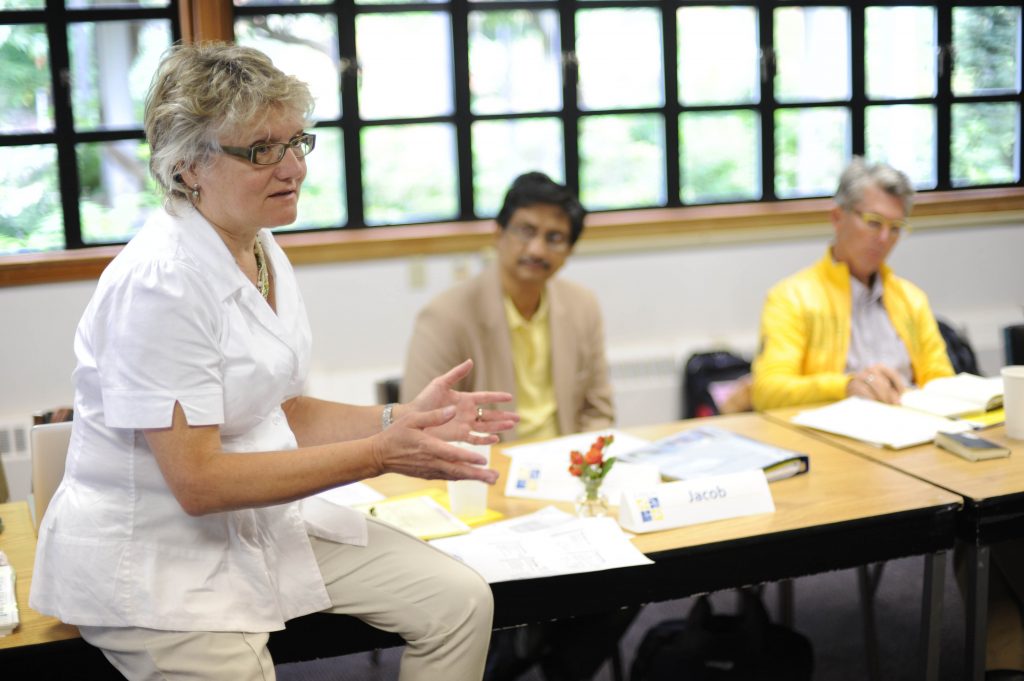
On June 30, 2020, Dr. Ann Downer will retire from her post as the Executive Director of the International Training and Education Center for Health (I-TECH) at the University of Washington (UW).
Downer has had a 31-year career at UW; she founded I-TECH 18 years ago with a talented team of global health professionals at UW, along with her friend and colleague Dr. Michael Reyes, at the University of California, San Francisco. In that time, she has been the center’s trusted leader; a principal investigator for several awards; and a pioneering educator, mentor, and friend.
As is fitting for a hero’s journey, hers started on a boat.
After dropping out of University of California, Berkeley, as an undergraduate in the early ’70s, one semester shy of completing her degree, she worked as one of the only female commercial fisher-“men” in the Pacific Northwest for the lion’s share of her 20s.
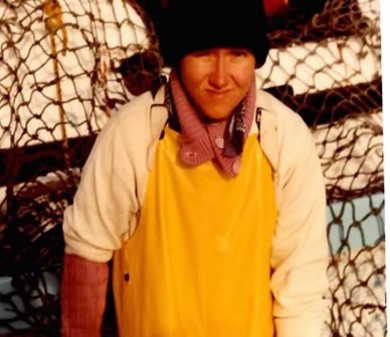
“Mistake or not, [leaving UC Berkeley] set me on a path that school wasn’t setting for me at the time,” says Downer. “My experience fishing made me resilient, taught me how to work hard, and, above all, made me think about my future since I knew I couldn’t fish forever.”
But in order to finish school, she needed to set a new direction. On the advice of a female sailing instructor, she volunteered at Planned Parenthood Whatcom County in Bellingham, where she quickly secured a paying job.
“This one action — asking someone for advice — set my entire career in motion,” says Downer. “She prompted me to seek a new direction.
“And it was during my time as an education coordinator for Planned Parenthood that I gained the core skills that would serve me for the rest of my career,” she continues. “Teaching and instructional design, health education and curriculum development, comfort with discussing issues related to sexual health, and being in front of groups of people. Those years also solidified one of my core values — that people should have choice in regard to their own bodies.”
Downer finished her undergraduate degree while working at Planned Parenthood and then applied to the UW in Seattle. She went on to get a master’s degree in Health Education and Health Promotion at UW from a department (Kinesiology) that was later eliminated as duplicative with School of Public Health programs.
She again worked full-time during graduate school, exercising her entrepreneurial muscles helping to start a nonprofit program on prevention of child sexual abuse (the successful Committee for Children program has since expanded its work with parents and teachers to provide training on development of empathy and conflict resolution skills).
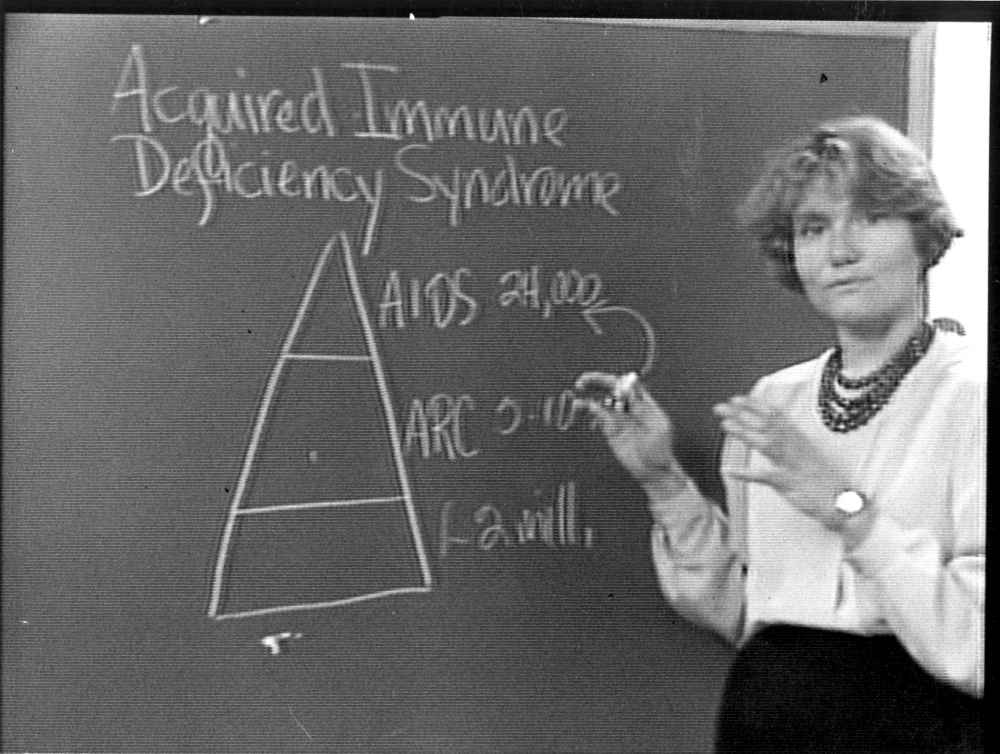
Following graduation and a year doing consulting work for clients such as the Washington State Office of the Superintendent of Public Instruction, Downer became the education coordinator in the mid-’80s for the first HIV/AIDS program at Public Health-Seattle and King County, where she and her team designed many of the first AIDS prevention campaigns in the state.
“I had learned by then that I really enjoyed working at the edge of emerging social issues,” she says.
Downer joined the UW faculty in the Department of Health Services in 1989. As a practice-focused educator working among researchers — and as a master’s-trained faculty member working closely with physicians, nurses, and PhDs — she had ample opportunity to call on the work ethic and tenacity she’d forged in the commercial fishing industry years earlier.
She eventually took the advice of her department chair, Dr. Bill Dowling, to continue her education. So, once again, she returned to school and worked full time while earning an advanced degree in educational leadership at Seattle University.
“The program wasn’t what I expected,” says Downer. “I thought it would concentrate on topics related to educational administration, like finance and law, but, while those topics were included in the curriculum, it was really a degree program focused on values-based leadership.
“I didn’t know it then,” she says, “but this was exactly what I needed in order to stay at UW and flourish.”
Values-based leadership became the foundation of two centers that Downer led at UW: the Center for Health Education and Research (CHER) and, later, I-TECH.
“I discovered that I could bring people together who shared certain values — respect for others, belief in the power of education, maintaining an attitude of hope, the desire to integrate practice and research,” she says. “These were the core values that guided us at CHER and carried over to I-TECH.”
CHER’s programs were initially focused on domestic public health challenges but began to expand in the direction of global health, so Downer approached Dr. Stephen Gloyd, who led the International Health Program (IHP).
“With Steve’s help and encouragement, we aligned more closely with IHP and began to grow our global portfolio of projects” says Downer. “As new projects were funded, the metamorphosis into what would become I-TECH was rapid, but our values and principles always remained the same.”
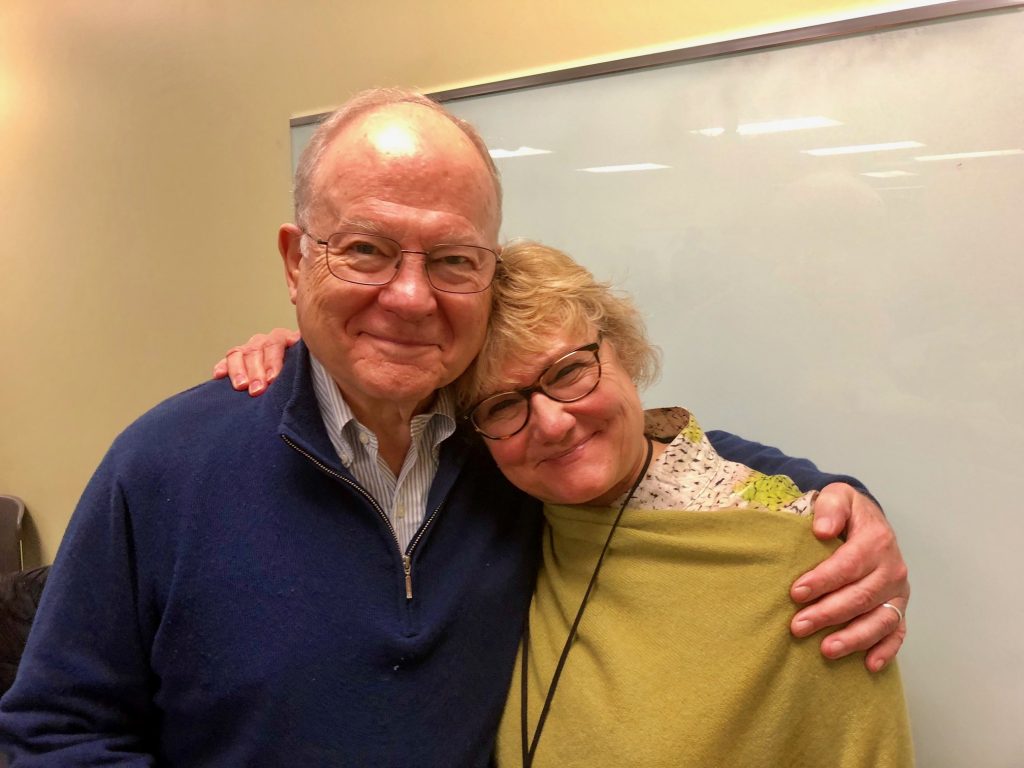
I-TECH was formally founded in 2002 and moved from Health Services into the newly created Department of Global Health (DGH) in 2007, at the invitation of Dr. King Holmes, the founding chair of DGH. Holmes was closely involved in I-TECH from its inception and has been instrumental in its success; he remains a mentor to Downer and I-TECH to this day.
Since 2002, I-TECH’s cumulative funding at UW totals nearly $1 billion. I-TECH currently has an international staff of 2,000, with 13 offices in low- and middle-income countries, several of which have now transitioned to become independent, local organizations.
I-TECH implements programs in more than 30 different technical areas that support strengthening of health care systems, including workforce development; HIV prevention, treatment, and care; laboratory systems strengthening; voluntary medical male circumcision; health information systems; health regulation and policy; and leadership and management.
Downer was recognized by UW in 2015 as the recipient of the “Distinguished Contributions to Lifelong Learning” award, in part because of her growing interest in promoting e-learning at UW. Downer’s pioneering 12-week online course, Leadership and Management in Health, had graduated 25,242 participants as of March 2020, with an 87% completion rate. More recently, partnering again with the DGH e-Learning Program (eDGH) on a second 12-week professional development course, Project Management in Health, graduated 6,197 participants in its first two offerings, with a completion rate of 88%.
“My work with eDGH has brought me back to my roots in education,” says Downer, “designing educational products that include content and voices from diverse cultural traditions and perspectives. This is critical learning for those working in public health systems throughout the world — and especially important for improving the leadership and management skills of people working in those systems.”
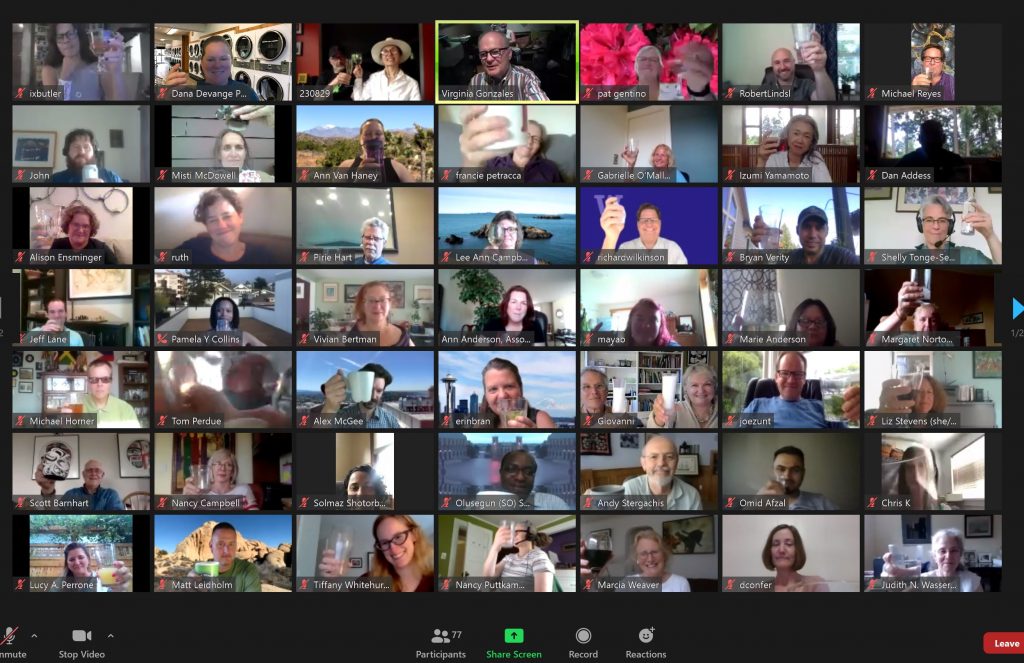
Though officially retiring on June 30, Downer, as an emeritus professor in DGH, will continue to work for a small amount of time from July through December 2020 in order to finish one global health project under way in Cambodia and two online courses before turning them over to others.
At the same time, Downer does plan to be a retired person and reports that she’ll be busy in her garden, as always, and returning to her early roots as she again takes up sailing. Her adventure began — and now continues, it would appear — on the vast waters of our beautiful Pacific Northwest.
Downer is truly excited to see I-TECH move into the next phase of its organizational life under the leadership of Dr. Pamela Collins, Professor of Psychiatry and Behavioral Health, Professor of Global Health, and Director of the Global Mental Health Program.
“We all welcome you, Pamela!” says Downer. “I believe with all my heart that you are the right person at the right time for I-TECH. You inherit one of the most competent, resilient, and ethical groups of people you will ever work with — and a vision, mission and set of operating principles that I know are consistent with your own.
“I-TECH has been one of the loves of my life,” she continues, “and I wish you the same sense of fulfillment and pride I have had working with this incredible team of people — past and present — at this incredible university of ours.”